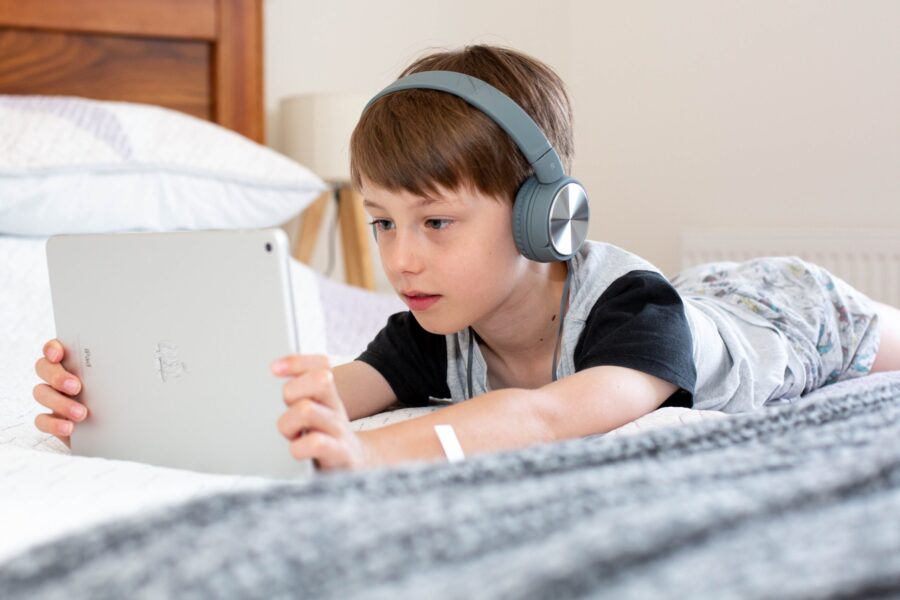What 70 Years of Research Tell Us About Kids and Screens
Are screens as bad for kids as smoking, as some psychologists have suggested? What are screens doing to children’s physical and psychological health and development? An article in The Conversation highlights new research on the benefits and risks associated with kids and screen time.
About the study
Systematic reviews of research, or meta-analyses, are a way of looking at the findings of lots of research studies at one time. They provide a more extensive view of a research question than a single study.
In this recent study, researchers from three Australian universities looked at 217 meta-analyses conducted in English involving children and any kind of screen time.
These meta-analyses were drawn from 2,451 individual studies and have a combined sample size of over 1.9 million children and teens (up to 18 years). The individual studies occurred between 1954 and 2021 and the meta-analyses were conducted between 1982 and 2022.
The good news
Generally speaking, the correlation between screens and various outcomes in children (depression, body weight, literacy, sleep, etc.) was small.
However, studies found that how children use screens matters a great deal. Parents have worried for more than half a century about the impact of television on kids. As it turns out, there is cause for concern. Data showed that in the case of general television viewing, the more TV a child watched, the poorer their academic performance and literacy skills were.
If the television program were educational, however, studies found a positive impact on children’s literacy. Educational programs likely provide opportunities for parents to interact with kids and ask questions, which develop language skills.
The bad news
Not all screen-based activities had an upside. Researchers found that “some forms of screen time are consistently associated with harm and had no evidence of benefits.”
Social media was at the top of the list. It was associated with depression, anxiety, and risk taking. The more time a child spent on social media platforms, studies showed, the more likely they were to struggle with mental health conditions.
What should parents do?
Rather than focus on strict screen limits, the study authors recommend that parents steer their children toward educational programs or apps and interact with them.
A sedentary lifestyle is not good for either children or adults, so screen time should be balanced by getting outside and moving.
The most important factor in children’s development? Quality parenting. For kids, no screen content, however educational it may be, can replace responsive, positive relationships with the adults in their life.
More than any program or app, being present with your children, spending quality time, and creating a nurturing environment are what really make a difference for children.
Read the full article here.
Sanders, Taren, Lonsdale, Chris, Noetel Michael, and Parker, Philip. “TV can be educational but social media likely harms mental health: what 70 years of research tells us about children and screens.” TheConversation.com, 13 Nov 2023, https://theconversation.com/tv-can-be-educational-but-social-media-likely-harms-mental-health-what-70-years-of-research-tells-us-about-children-and-screens-216638.
Photo by Emily Wade on Unsplash



